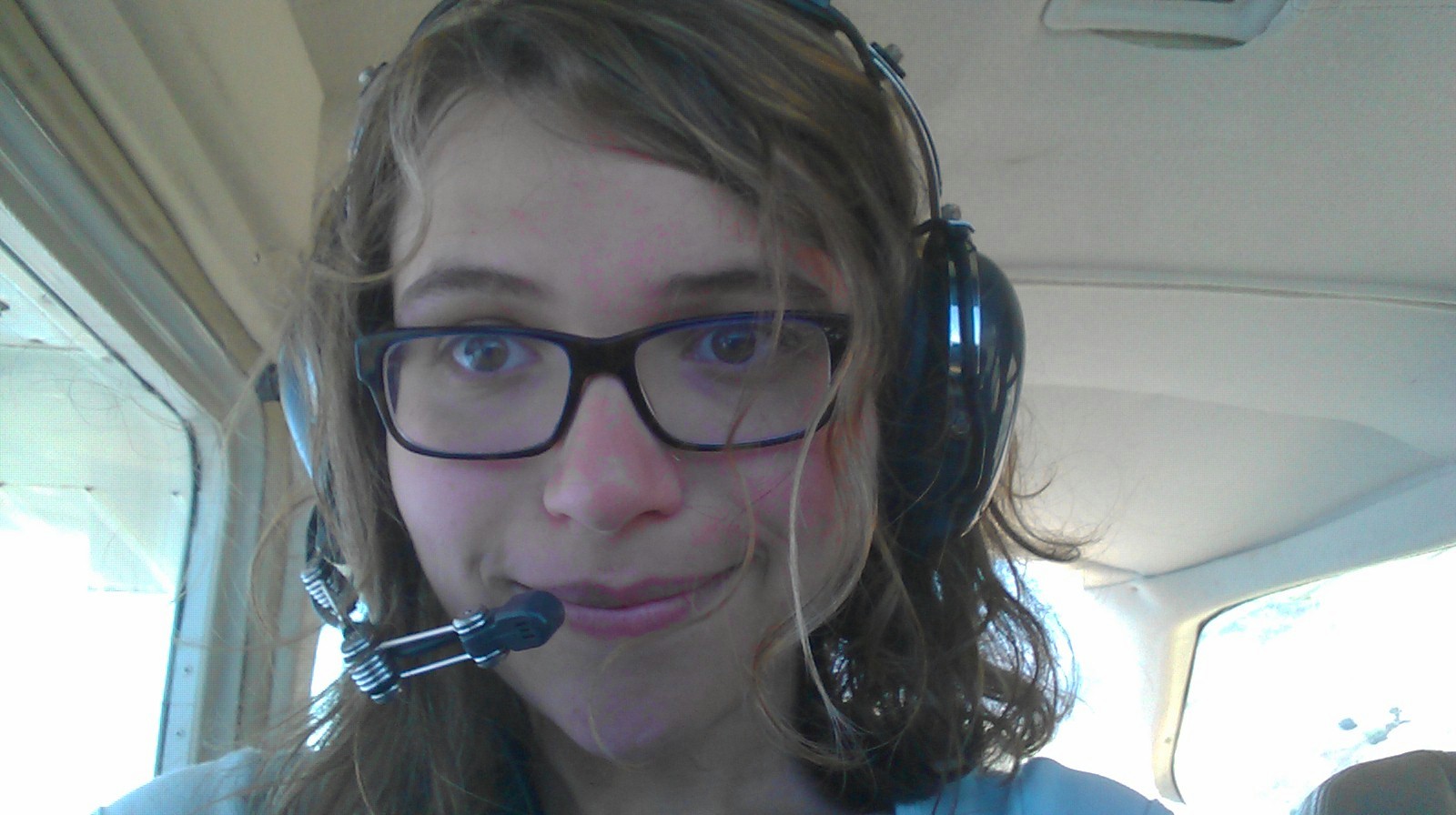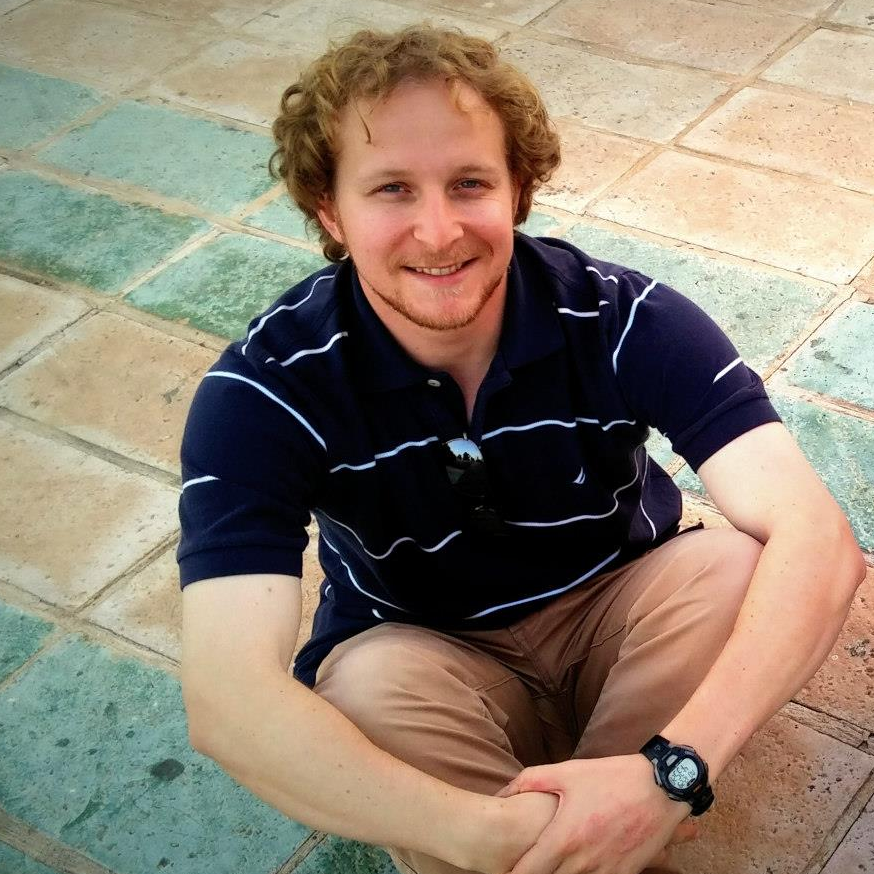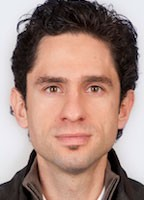General
YPP meets one Saturday each month, and runs from 10:00 AM to 1:00 PM.
The UCSD Young Physicists Program will bring middle school and high school students from across San Diego together with physics students and professors from UCSD on Saturday mornings each month. A typical morning can involve college-level lab activities, interactive demos, lots of interaction with under/graduate students and a presentation by a different guest professor each month touching on cutting-edge research and advanced concepts in physics, as well as reasons for choosing physics as a career and tips on how to make it happen.
Through fun, somewhat simplified, college-level lab projects, with graduate students and undergraduates helping, participants will discover first-hand what college physics involves and be amazed at what they accomplish and learn. UCSD professors will describe exciting research topics in everyday words, giving an idea of how many different concentrations there are in physics and how important physics is in the world. Fun experiments from our sizeable Interactive Lecture Demo collection will not just illustrate the sort of surprises that Nature has to offer, but will also be available for close-up inspection and experimentation. It will also be possible to get help and advice for science fair projects. For your benefit, students, please read through the instructions for the lab before the meeting. You may not understand a lot of what is there, depending on your level of experience, but you will learn more in the lab if you read ahead (even if only in the car on the way to the meeting).
You can always contact YPP if you want to know more about the program.
FAQ
How do I sign up?
Just follow these two easy steps:
1) Complete the online registration.
* Please only sign up for dates you are planning to attend.
2) Complete the waiver and turn it in at your first meeting of the school year.
* Your waiver must be signed by a parent or guardian.
* Only one waiver for each student is required for each school year.
Is there still room? How many students can I bring?
Currently, we have seats for up to 50 students at each meeting, and cannot accept any more than this. The number may go down on any given day if we don't have enough volunteers to work with 50 students. The spaces are reserved on a first come, first served basis, with a wait-list (if we're booked, we'll put you on the wait-list, and the next time you want to attend, you will be first in line; it does not have to be the next meeting). Additionally, if we are consistently filling up, we will try to expand to a larger capacity.
Can I attend just one meeting? Am I supposed to come to all of the meetings?
You are welcome to attend any and all meetings that interest you and fit into your schedule. For example, it is fine if you only come to the April meeting, or if you only come to the September meeting and the June meeting. In fact, we prefer that you only sign up for meetings which you are fairly certain you will attend (see "How do I sign up?" above).
Is YPP free?
Yes. There is no charge to participate in YPP.
But I'd like to help support the program anyway...
We will gratefully accept your donations. Please see our support page for more information.
Who may participate in YPP?
YPP is open to middle school students and high school students who are 12 years old or older. There are no exceptions (this is not our rule). Parents are welcome to follow along for one meeting, but we do not expect to have space for parents to attend regularly. Please inquire though if your circumstance is unique.
Clothing and accessories?
For the safety of your feet and hair, you must wear close-toed shoes and put your hair up or back if it is long enough to do so. Also, please do not wear dangling jewelry.
School supplies?
We recommend you bring some form of notebook and pen or pencil to each meeting. Since you will not use more than a few sheets of paper for each meeting, a folder and some lined (or better yet, graphing) paper will do just fine. We also recommend you bring a calculator -- any kind will suffice.
Can/Must I attend with my child/students?
It is not necessary for a teacher/parent to accompany students/children. Parents are welcome to come and follow along for one meeting, but we do not expect to have enough space for parents to attend regularly. On the other hand, teachers are welcome to attend regularly. Parents, please inquire if you do wish to attend regularly.
Is there a record of participation?
Each meeting we'll bring a few forms of completion for students interested.
Directions
The YPP sessions generally begin in the Physics 1AL labs in Mayer Hall on UCSD's campus. Specifically, we meet in Mayer Hall room 2306 or 2110, on the 2nd floor of Mayer Hall nearer to York Hall. This is on the south side of Mayer Hall close to and level with Revelle Plaza.
Parking is available in the lot near the intersection of Scholars Dr S and Revelle College Dr. Most of these spots are free on weekends, but look out for spots with signs saying "'A' permit required 24/7", as you will get ticketed for parking in them.
A map of the meeting location is shown below, where students should be by 10 AM. It is also where students should be picked up when YPP has ended, at 12:30-1:00 PM:
View YPP Meeting Location in a larger map
People
Shauna Kravec YPP Co-Director

Shauna is a sixth year student working with John McGreevy on problems in Condensed Matter Theory. She is interested in physics which don't care about rulers or stopwatches. In her spare time she enjoys hosting tabletop games.
Daniel Klein YPP Co-Director

Daniel is a seventh year grad student working for Frank Wuerthwein and Avi Yagil. His group studies the properties of tiny subatomic particles using data gathered by the CMS experiment at the Large Hadron Collider at CERN. When not researching, Daniel enjoys outdoor sports, long books, board games, and volunteering.
Julio Barreiro YPP Faculty Sponsor

Julio is an assistant professor in the Physics Department (Faculty profile), building an ultracold atom experiment for the emulation and understanding of challenging problems involving quantum physics. Julio's most useful ideas were conceived while road cycling.